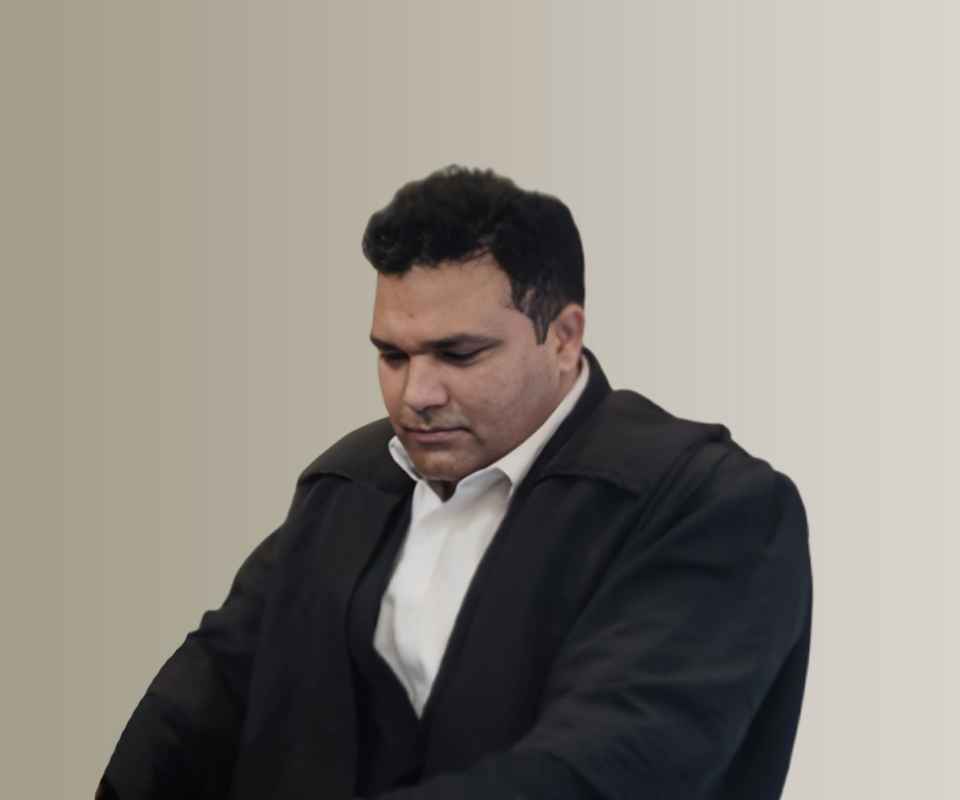Answer By law4u team
Civil law provides a means for individuals to seek relief from public nuisance or encroachment, which can disrupt the use and enjoyment of one's property or infringe on public rights and interests. Here's how civil law helps people seek relief from these issues: Public Nuisance: Definition: Civil law typically defines a public nuisance as an unreasonable interference with the use and enjoyment of public or private property. It can include actions or conditions that harm the health, safety, or general well-being of a community. Filing Civil Lawsuits: Individuals or communities affected by a public nuisance can file civil lawsuits against the responsible party or entity. This involves initiating legal proceedings by filing a complaint in court, outlining the alleged nuisance. Standing: Plaintiffs typically need to demonstrate that they have standing, meaning they are directly affected by the public nuisance, either as property owners or residents in the affected area. Legal Process: Civil law outlines the legal process for resolving public nuisance cases. This includes notifying the defendant, gathering evidence, presenting the case in court, and allowing both parties to present their arguments. Burden of Proof: In civil public nuisance cases, the burden of proof typically rests on the plaintiff to demonstrate that the alleged nuisance is unreasonable and causes substantial harm. The standard of proof is typically "preponderance of the evidence." Evidence: Civil law allows plaintiffs to collect and present evidence, including documentation, expert testimony, witness statements, and other relevant materials to support their claims. Injunctive Relief: Plaintiffs in public nuisance cases often seek injunctive relief, which is a court order that can require the responsible party to stop the activities causing the nuisance or take specific actions to remedy the situation. Compensation: In some cases, plaintiffs may seek monetary damages if they can demonstrate that they have suffered financial losses due to the public nuisance. Encroachment: Definition: Encroachment in civil law refers to the unauthorized intrusion or trespass onto someone else's property. It can involve physical structures, such as buildings or fences, or other uses of property that exceed property boundaries. Filing Civil Lawsuits: Property owners affected by encroachment can file civil lawsuits against the encroaching party. This involves initiating legal proceedings by filing a complaint in court, outlining the alleged encroachment. Legal Process: Civil law defines the legal process for resolving encroachment cases. This includes notifying the defendant, gathering evidence, presenting the case in court, and allowing both parties to present their arguments. Burden of Proof: In civil encroachment cases, the burden of proof usually rests on the plaintiff to demonstrate that the encroachment has occurred and that it exceeds property boundaries. The standard of proof is typically "preponderance of the evidence." Evidence: Civil law allows plaintiffs to collect and present evidence, such as property surveys, photographs, expert testimony, and other relevant materials to support their claims. Injunctive Relief: Plaintiffs in encroachment cases often seek injunctive relief, which is a court order requiring the removal of the encroaching structure or other remedies to address the encroachment. Compensation: In some cases, plaintiffs may also seek monetary damages if they can demonstrate that they have suffered financial losses due to the encroachment. Civil law plays a crucial role in helping individuals seek relief from public nuisance or encroachment by providing a legal framework for resolving these disputes, protecting property rights, and preserving the use and enjoyment of property for individuals and communities.









